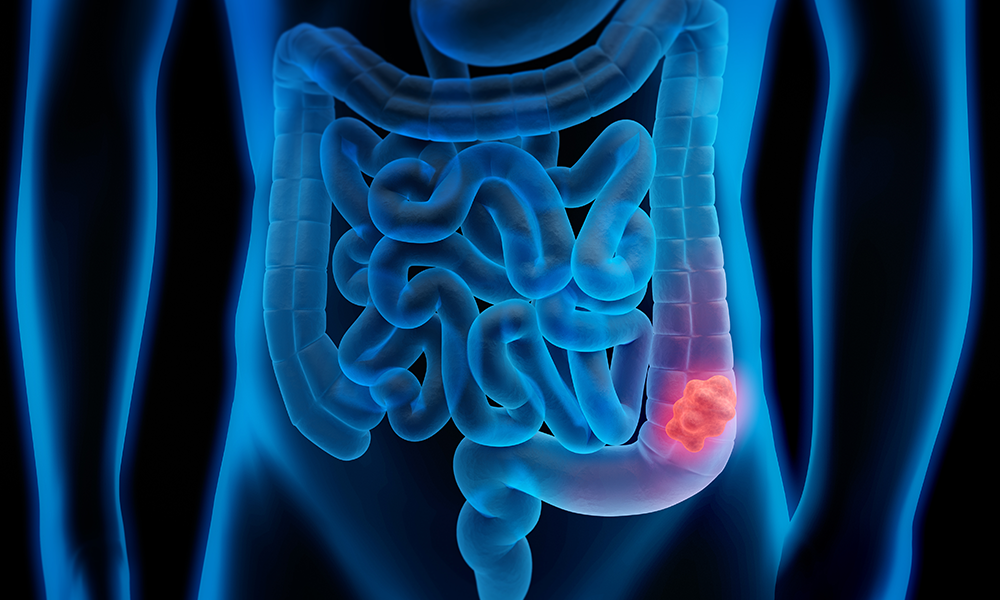Author: Zac Ch’ng, Nutritionist
Colorectal cancer (CRC) is the most common cancer among Malaysian men and the second most common cancer among Malaysian women. In addition, it is also the third leading cause of cancer deaths in Malaysia. The main reason is that most people (approximately 66% of male and 65% of female) discover the cancer at a late stage (stage 3 or 4).
To date, colon cancer has been a disease that affects people over the age of 50, but in the past decade, the number of cases among young population has increased dramatically. Even more surprising is that about 35% of colorectal cancer are actually diagnosed under age 40. These facts tell us that even when we are young, colorectal cancer is worthy of our attention.
What are the symptoms of colorectal cancer that we shouldn’t ignore?
- Fatigue
- Weakness
- Change in bowel habits (diarrhoea or constipation)
- Bleeding from rectum
- Blood stains in stool
- Sudden weight loss accompanied by abdominal cramps and bloating
- Strong urges to have bowel movements when it’s not necessary
Although these symptoms may be signs of other digestive diseases and may mean minor problem for us, it is recommended to rule out the possibility of colorectal cancer at the earliest.
In order to diagnose colorectal cancer earlier and better control it, we can choose any one of the following options:
- An annual fecal occult blood test (FOBT) plus flexible sigmoidoscopy every 5 years (the two tests in combination are more effective than either alone)
- A flexible sigmoidoscopy every 5 years
- An annual fecal occult blood test (FOBT)
- Colonoscopy every 10 years
- CT colonography (virtual colonscopy) every 5 years
- Double-contrast barium enema every 5 years
In order to best prevent colorectal cancer, we should avoid eating red meat such as beef, pork, lamb as well as processed meats such as hot dogs and some luncheon meats because scientists have found that they are associated with an increased risk of colorectal cancer.
On the other hand, we should eat more vegetables, fruits, and whole grains, because they have been fully proven to reduce the risk of colorectal cancer. The main reason is that these foods contain high level of antioxidants, vitamins, minerals, and fibre. Therefore, it is recommended to include any supplements with these properties in the diet to achieve better preventive results, especially for those who can hardly get enough of these foods.
